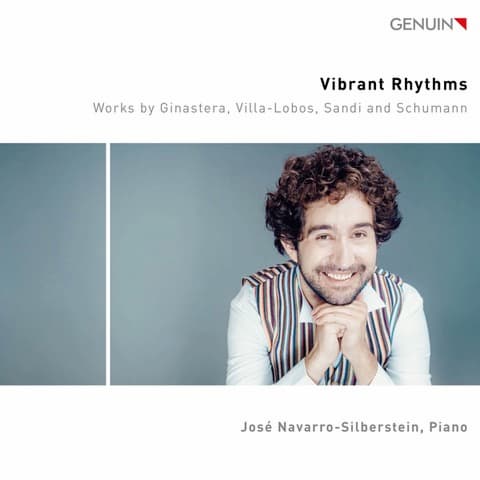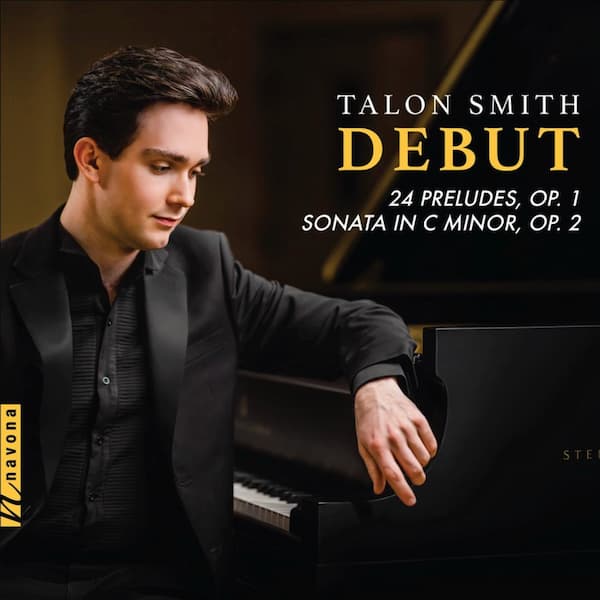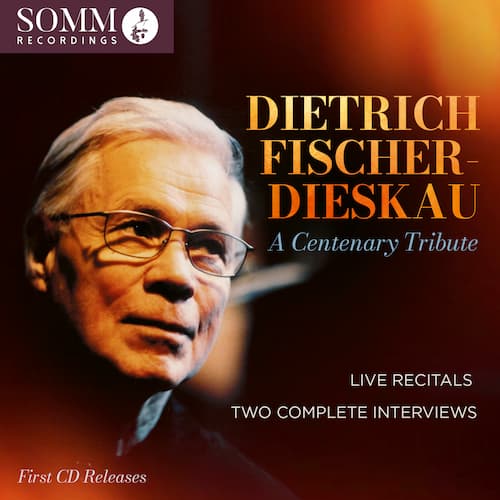José Navarro-Silberstein (born in 1995) is a talented Bolivian pianist who has performed in various countries across Europe, the US, and South America. He has graced stages at different venues and festivals. He has won several prestigious awards, including the Anton Rubinstein Piano Competition in Düsseldorf, the Tbilisi International Piano Competition in Georgia, the International Competition Young Academy Award in Rome, and the Claudio Arrau International Piano Competition in Chile, among many others. José was also a finalist at the Eppan Piano Academy and the 63rd Ferruccio Busoni International Piano Competition. His debut album, Vibrant Rhythms, launched on 8 September 2023, features music by Ginastera, Villa-Lobos, Marvin Sandi, and Schumann.

José Navarro-Silberstein
Alberto Ginastera: Suite de danzas criollas, Op. 15 – V. Scherzando – VI. Coda: Presto ed energico (José Navarro-Silberstein, piano)
Can you tell us a little about yourself?
Born and raised in La Paz, Bolivia, my early years were marked by a profound affinity for music. Despite not coming from a musical family, my parents discovered my talent early on and cultivated it by taking me to piano lessons soon afterward. This musical journey has been a constant in my life, leading me to pursue piano studies in Europe immediately after completing high school. I am currently an Artist in Residence at the Queen Elisabeth Music Chapel.
Alberto Ginastera: Suite de danzas criollas, Op. 15 – III. Allegretto cantabile (José Navarro-Silberstein, piano)
How do you find studying music in La Paz different from studying in Germany or Belgium?
Studying music in Bolivia differs in plenty of aspects from Germany or Belgium. Bolivia has a rich musical heritage from 36 ethnic groups, but it’s distant from classical traditions. Life led me to classical piano with struggles, from finding the right instruments to grasping “western” composers. Despite challenges in music education, I am thankful for all the piano teachers I had. Adapting to the European reality took time, but it was and keeps being a very rewarding path. I also have to mention that there is now a growing interest in classical music in Bolivia, with a lot of emerging talent.
Marvin Sandi: Ritmos panteísticos, Op. 1a – I. de la roca … (José Navarro-Silberstein, piano)
Your debut album, Vibrant Rhythms, launched two months ago. Are dances and rhythms the themes of the album? The album features 20th-century works from South America and Schumann’s Davidsbündlertänze Op.6. What inspired you to have these concepts?

The album revolves around the captivating themes of dances and rhythms, drawing profound inspiration from my heritage. Rooted in the vibrant tapestry of South America, where dance is ingrained in culture, the album channels the pulsating heartbeat of a continent that is always in motion. Each region boasts its unique traditions and dances, creating a mosaic of diversity that flows through our veins, making dancing an integral part of our collective identity. German dances inspired me very much as well, especially in the Carnival of Cologne, where I lived for some years and felt particularly at home. This is where I probably found a very intimate connection to Schumann’s Davidsbündlertänze and realized that it needed to be part of the collection.
So, do you dance as well?
I must confess that I do not particularly, although I occasionally enjoy going to dance clubs and have some experience with Caporales (a dance from La Paz). I wish I could have contact with even more traditional practices, as it holds a significant part of our identity.
Marvin Sandi: Ritmos panteísticos, Op. 1a – IV. del sexo … (José Navarro-Silberstein, piano)
Marvin Sandi is perhaps the least-known composer among others in the album. Could you tell us a bit about himself and his Ritmos panteísticos, Op. 1a?
Certainly! As previously mentioned, Bolivia lacks a classical music heritage with very few classical composers, particularly for piano music. Marvin Sandi’s Ritmos panteísticos, consisting of four pieces, effectively captures certain Bolivian traditions. Obtaining the score proved challenging. I acquired it through a close friend with familial ties to Marvin Sandi, for which I’m grateful. Crafting the album’s booklet myself, I sought more insights into Sandi and his work. Contacting Bolivian composer Alberto Villalpando, a close associate of Sandi, provided fascinating details on how Sandi skillfully blended twelve-tone music and polytonality with Bolivian rhythms.
Robert Schumann – Davidsbündlertänze, Op. 6
Do you enjoy playing the piece?
Absolutely. Each of the four small compositions vividly portrays distinct instruments, traditions, and practices from my country. Their diversity makes playing the cycle truly exhilarating!
Heitor Villa Lobos (1887-1959) – Ciclo Brasileiro, W. 374
How long do you take for the whole recording process?
The preparation spanned about nine months, with a mere three days dedicated to the actual recording—an experience akin to giving birth. Despite the stress, I was fortunate to have Claudia Neumann from GENUIN Classics as my sound engineer. Being a professional pianist herself, she provided invaluable guidance throughout the process. By the end, I felt transformed—more confident, my daily practice and listening skills elevated to a new level.
What would be for your next album?

I’m contemplating a second volume featuring dance influences pieces, potentially introducing more variety in the European repertoire. Likely candidates include Handel’s, Grieg‘s, and Bartók’s Suites. And of course, there will undoubtedly be surprises from the South American side!
When I asked José if there was anything he wanted to add, he expressed his happiness at being able to continue playing music, which he truly enjoys. He also shared that he wants to encourage young people and his colleagues to pursue their passions and do what they like.
Learn more about José Navarro-Silberstein and his album Vibrant Rhythms.
For more of the best in classical music, sign up for our E-Newsletter




